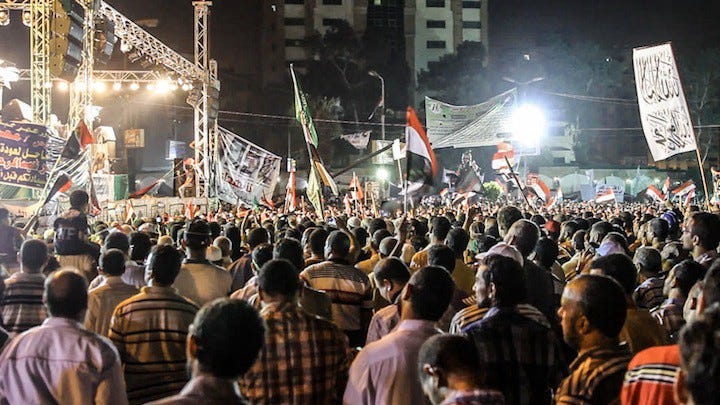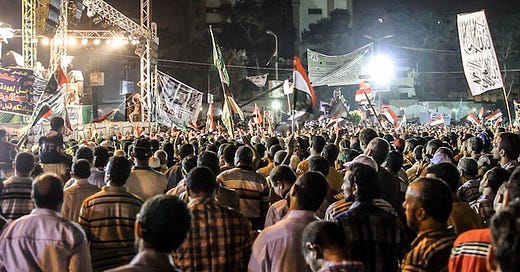‘Rebel Music’ Review
By Katie Walsh

While once synonymous with youth rebellion and a rock and roll attitude, MTV has lost some of that cred in the past several years as the once-music-based channel has embraced reality programming of the drunken antics variety (though one could argue Jersey Shore is an example of an ethnographic documentary). But with Rebel Music, a new seri…
Keep reading with a 7-day free trial
Subscribe to Nonfics to keep reading this post and get 7 days of free access to the full post archives.



